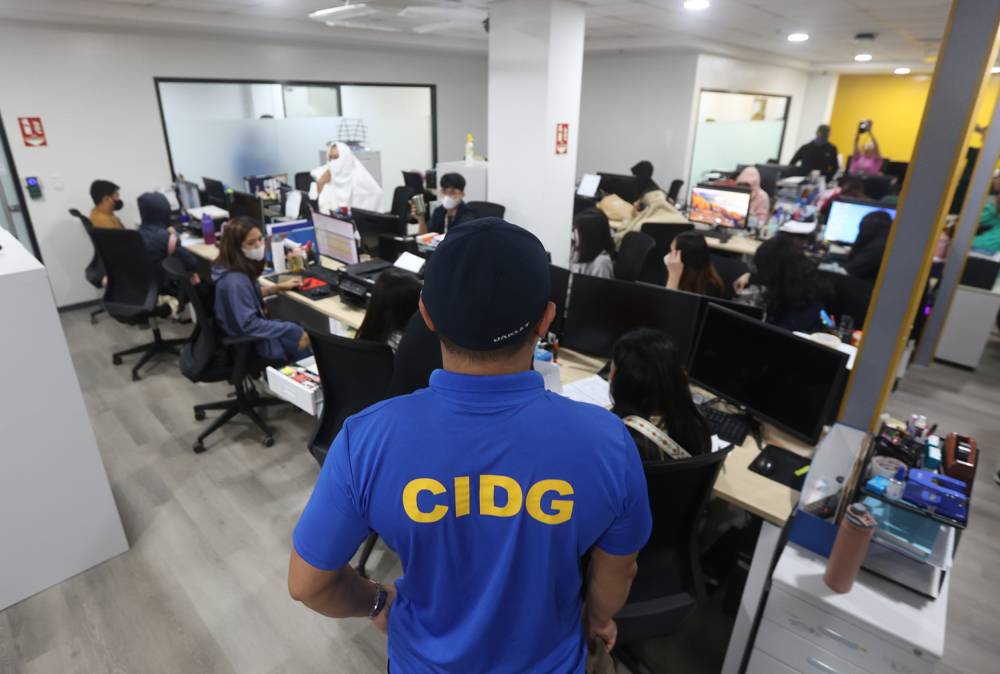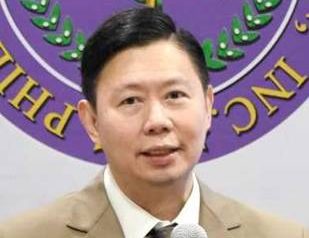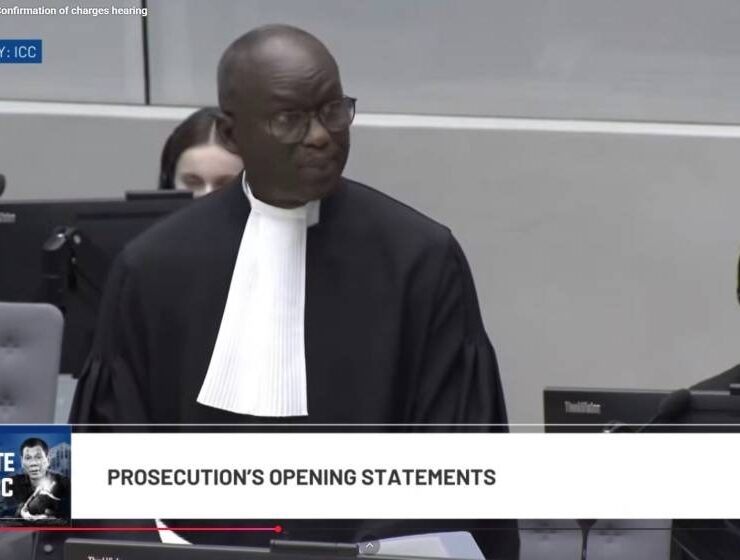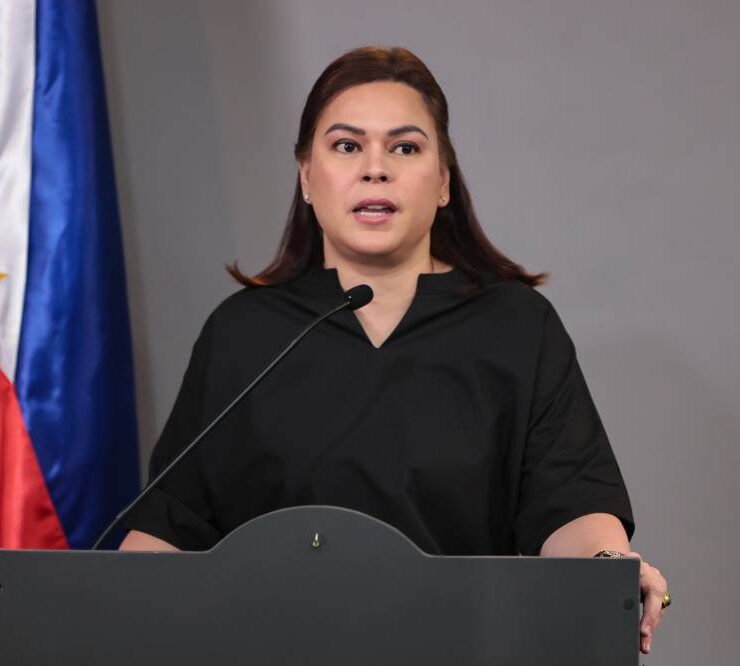41 ‘poor’ aliens nabbed in Bataan BPO raid freed

MABALACAT CITY—The Bureau of Immigration (BI) has approved the temporary release of 41 “indigent” foreigners arrested by the Presidential Anti-Organized Crime Commission (PAOCC) and Criminal Investigation and Detection Group (CIDG) of the Philippine National Police during a raid on Central One Bataan Ph Inc., a business process outsourcing (BPO) company in Bagac, Bataan, last month.
In two orders signed on Nov. 7, Immigration Commissioner Joel Anthony Viado granted provisional liberty to the foreigners based on a petition for bail and release on recognizance filed by their legal counsel, Cherry Anne dela Cruz, on Nov. 6.
The BI orders noted that Dela Cruz and Bataan Rep. Albert Garcia would act as guarantors for the 41 foreigners.
In their petition, the foreigners said they were employees of Central One, which was operating under a license issued by the Authority of the Freeport Area of Bataan, adding that they hold valid work permits and visas.
According to them, they pose no flight risk and as “indigents,” lack the means to post bail for their provisional release.
The BI cited the Philippine Immigration Act of 1990, which allows its commissioner discretionary power to release any detained alien in deportation proceedings, noting that in a deportation proceeding, “bail is not a matter of right but a matter of discretion on the part of the Commissioner of Immigration.”
The first BI order granted provisional liberty on recognizance for 21 Malaysians, while a second order covered Malaysian national Chan Hao Liang and 19 other individuals from China, Pakistan, Bangladesh, Vietnam, Indonesia, Thailand and Brazil.
Recognizance bonds release detainees based on a pledge to attend court hearings without requiring a cash deposit.
Conditions for release
Conditions for the release of the 41 foreigners included mandatory check-ins with the BI Intelligence Division every second and fourth Monday of the month, placement on the BI hold departure list and the surrender of their original passports and travel documents.
The PAOCC and CIDG, backed by special forces contingents from the military, raided Central One Bataan on Oct. 31 based on evidence it was supposedly engaged in illegal online gambling and payout operations.
Authorities claimed the BPO was operating as a Philippine offshore gaming operator (Pogo) without the appropriate license.
The PAOCC said that Central One Bataan faces charges for alleged illegal gaming activities and human trafficking violations.
The BPO had denied these allegations, saying there were no criminal, civil or regulatory charges against it.
On Monday, Garcia announced he would file criminal and administrative charges against the PAOCC and claimed in a privilege speech that around P100 million in cash was missing after the raid.
He said the money for the salaries and Christmas bonuses of around 1,000 employees.
Garcia also questioned the legitimacy of the operations and expressed concern for the affected employees, mostly from Bataan.
In response, PAOCC Executive Director and Undersecretary Gilbert Cruz said in a text message the money was fully accounted for by the CIDG search team.
No loopholes
Meanwhile, President Marcos, who had ordered in July a total Pogo ban effective by the end of the year, reiterated that Executive Order 74, which imposed the ban, does not contain loopholes that would allow Pogo-like clones.
In a media interview on Monday, Mr. Marcos stressed that all Pogos were “absolutely banned” whether or not their operations were sanctioned by the Philippine Amusement and Gaming Corp. (Pagcor).
“There’s just no way [Pogos would still be allowed to operate] because it’s the nature of the operation that we are banning. It’s not because it’s under Pagcor or not,” he said.
Sen. Risa Hontiveros earlier said the EO did not explicitly declare the ban covered all Pogos or similar ventures not under Pagcor.
But Mr. Marcos disputed this, saying EO 74 was meant to impose a ban on all Pogos.
“As long as they are considered Pogos, or they are operating under a such license, they are banned,” he said. —WITH REPORTS FROM MELVIN GASCON AND GREG REFRACCION





















